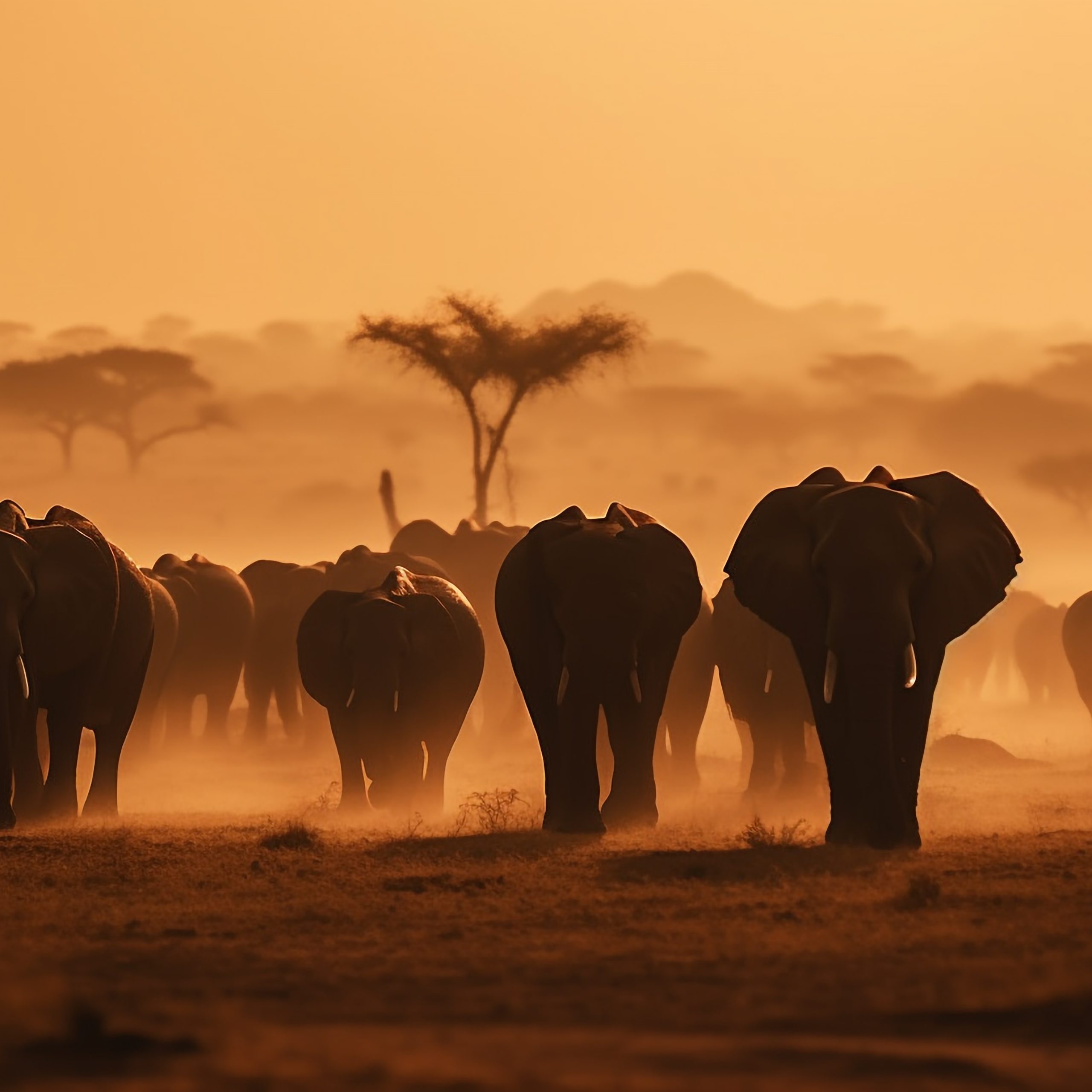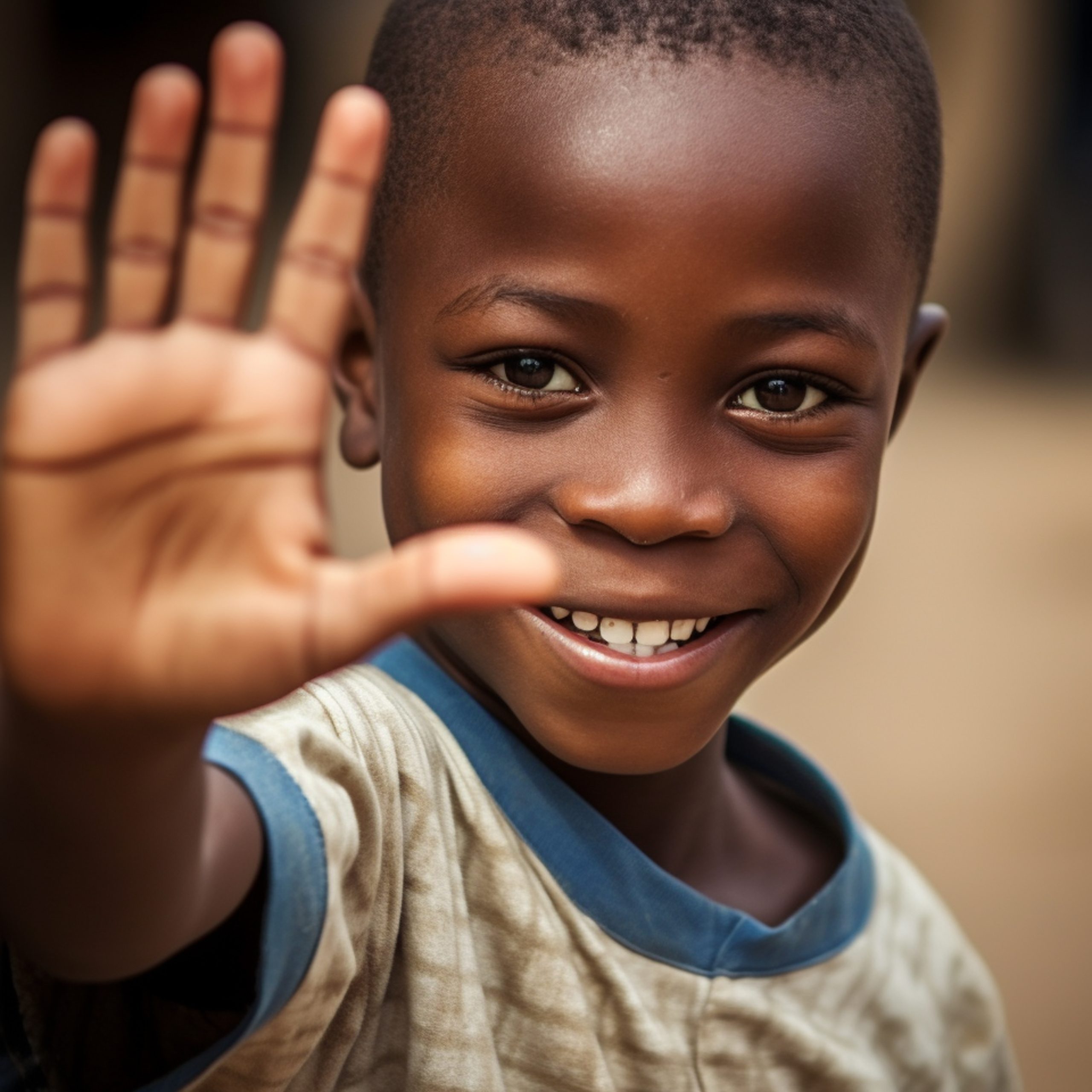THE FUTURE OF WORK-LIFE HARMONY: TECHNOLOGY AND CULTURE
By Mostafa Sleem updated on July 24, 2024
“Time is the most valuable thing a man can spend” – Theophrastus.
Once lost, it can never be retrieved. With time comes wisdom on how to spend it, but in today’s world, money seems to speak louder. Achieving work-life balance has become a universal challenge, where equilibrium between professional demands and personal well-being is essential for maintaining mental and physical health, productivity, and overall satisfaction.
In a competitive world where everyone strives to be number one, the pressure to work has intensified, especially after the global disruptions caused by the pandemic and ongoing conflicts. Inflation is soaring, employment rates are plummeting, and remote work has blurred the boundaries between professional and personal lives. Social media and work-related apps invade our personal space, leaving little room for relaxation.
Economic pressures instill fear in people of losing their jobs and failing to meet personal and family ambitions. Employers have set high standards, pushing employees to prioritize work over personal life to boost short-term yield. Yet, this can lead to a decline in workplace culture, increased dissatisfaction, and decreased productivity and creativity over the long-term.
Nonetheless, this dilemma requires both employers, employees and lawmakers to reconsider their approaches. Long hours and high job expectations dominate people’s lives, and the growing reliance on digital connectivity keeps us hitched to work around the clock. As a communications professional, my constant exposure to social media often feels like work rather than relaxation, keeping me in a constant loop. However, I believe that Technology, if not abused, could be an enabler in certain ways, and especially in Africa.
Although some companies created a supportive culture by setting boundaries and organizing activities that foster social interactions and improve overall satisfaction. However, the concept of work-life balance differs significantly in third-world countries, particularly in Africa, due to socio-economic, cultural, and infrastructural challenges.
In the Democratic Republic of Congo (DRC), Work life balance goes down to the little details. Low wages and economic pressures force people to take on multiple jobs and be present at work for longer hours, reducing our time for personal growth.
In addition, poor policies and informal employment limit support and stability, making work-life balance difficult to achieve.
Even Commuting long hours due to poor infrastructure further disrupts personal time and productivity, resulting in the long term for urban and rural divide.
Employees must also strive for a healthy work-life balance by setting boundaries, prioritizing self-care, and managing their time effectively. It’s about commitment and quality of work, not just long hours. Employers should foster a supportive culture where everyone collaborates to achieve goals while respecting each other’s time.
However, it’s important to recognize that sometimes the challenge lies not in the overall company culture but in the behavior and attitudes of individual managers. Managers play a crucial role in shaping the work environment, and their approach can significantly impact employees’ ability to balance work and personal life. Therefore, managers should also set clear boundaries between work and personal matters, ensuring they promote a balanced approach within their teams.
In 2019, Microsoft Japan experimented with a four-day workweek aimed at improving work-life balance and productivity. The experiment resulted in an increase in productivity of 40% and reduced energy costs by 23%. The Government of UAE has taken similar steps to promote a positive culture in the UAE.
However, a conversation recently caught my attention. A recent breakthrough in AI technology has sparked my curiosity to delve into it. So, can AI enhance our Work-life balance? Can AI be an enabler for the African continent?
As AI continues to integrate into our daily lives, we have a unique opportunity to address various challenges that contribute to work-related stress and inefficiencies. The African continent, home to 1.4 billion people, faces significant employment challenges. These issues are not due to a lack of jobs but rather the limited presence of private companies driving competitive innovation. With minimal competition and few companies offering diverse services and products, Africa has lagged in innovation. The lack of investment in education and connectivity has left the population with limited opportunities to engage in and contribute to innovative sectors.
Despite the government and private sector’s failure to provide widespread education, AI presents a potential solution for improving workplace efficiency in Africa, particularly in the Democratic Republic of Congo (DRC). AI can automate mundane, repetitive tasks, freeing employees to focus on more meaningful and strategic work, ultimately reducing working hours.
Unilever implemented AI to analyze and optimize employee work patterns. The AI identified stress points and areas for improvement, leading the company to introduce flexible working hours and optimized meeting schedules. This resulted in reduced stress and better work-life balance for employees.
Enhanced productivity tools powered by AI can help people manage their time more effectively, optimizing tasks and scheduling. In agriculture, AI assists farmers with predictive analytics, reducing physical and time burdens and allowing for more personal time.
While AI has the potential to drive significant improvements, it can also pose challenges, especially in regions with poor connectivity infrastructure. Inclusivity remains a concern. Nevertheless, Africa is a young continent with substantial opportunities to mature and establish itself as a key global player. Achieving this vision requires a collective effort from all stakeholders.
Work-life balance may never be perfectly attainable, but it is possible to create a positive working environment through collective efforts, promoting personal growth alongside career development. This approach fosters a healthier and more productive future for everyone.



